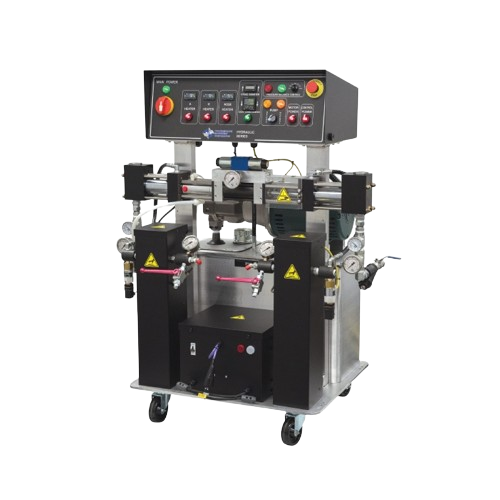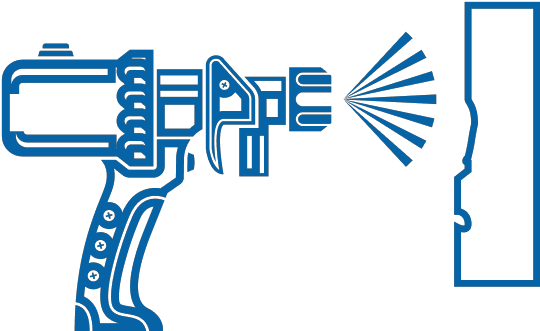HIGH-PRESSURE VS LOW-PRESSURE
EQUIPMENT
high-pressure vs low-pressure equipment

High Pressure EQUIPMENT:
High-pressure guns don’t have static mixing tubes. Rather, the chemicals are mixed together right at the tip of the gun. The product is so hot and under so much pressure, that it sets — meaning it goes from a liquid to a solid — very quickly, in about three to five seconds. Because the 1:1 ratio of chemicals in the high-pressure yield a product that’s very rigid, you’re limited on the texture — which resembles the surface of 80-grit sandpaper.






































